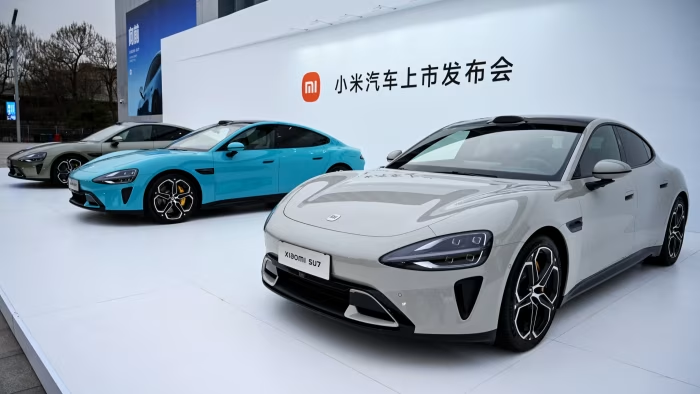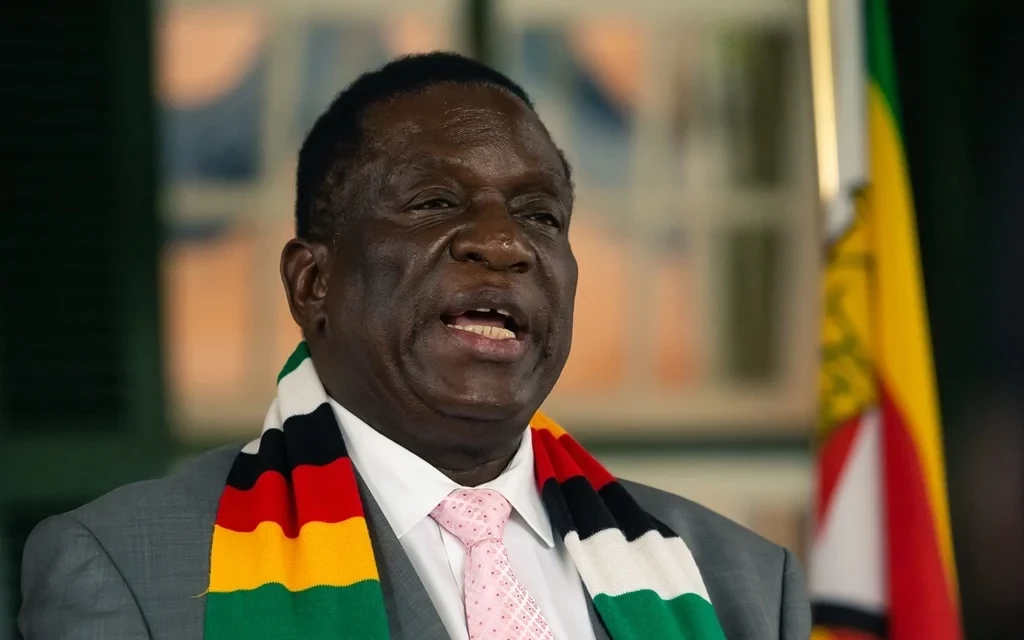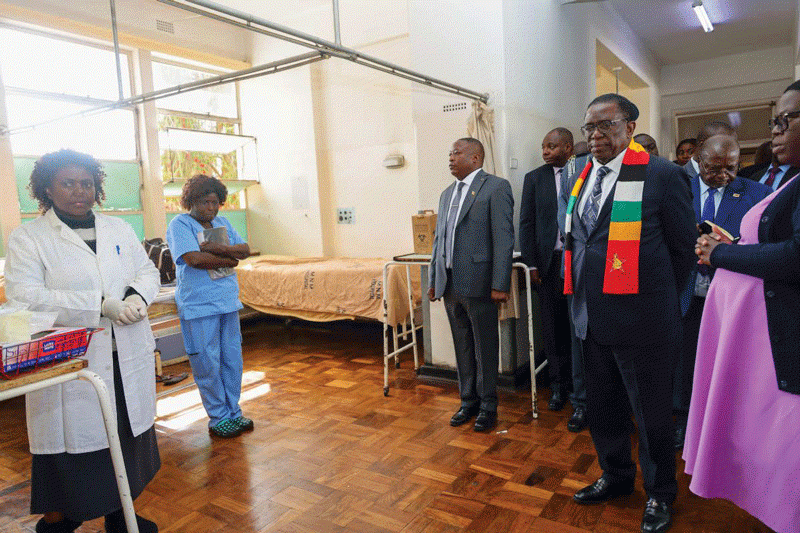
I ask this question because of the way Rooftop Promotions’ tour of the country with a play titled Rituals has led to numerous clashes between the cast and the police.
The cast was arrested at Nedziwa Business Centre in Manicaland and forced to cut short their tour in that province after spending two nights in police cells.
In Bulawayo the tour was delayed because there was an order to stop it.
Just last week, the cast was again arrested in Centenary and spent a night in detention before being transferred to Bindura for further interrogation.
In both cases, the charges have not been immediately made clear and the condition of their release was that there would be further investigations.
The play, which is being deemed political, is just a public show of how national healing and reconciliation can be achieved.
It is not uncommon for artists to be arrested or told to stop this or that production because it is deemed politically incorrect.
There are musicians that have had their music banned from airplay.
- Chamisa under fire over US$120K donation
- Mavhunga puts DeMbare into Chibuku quarterfinals
- Pension funds bet on Cabora Bassa oilfields
- Councils defy govt fire tender directive
Keep Reading
There are painters whose boards have been confiscated or exhibitions closed.
There are certain poets and actors who could not go on stage because they were said to be swimming against the tide. All this has become the norm in this country. Is it a case of conforming to certain political ideologies or risk trouble.
In as much as art is a source of entertainment, it is also an indispensable form of expression of ideas and views.
But fear of the unknown has often seen artists wearing blinkers and avoiding creating products that they would have wanted to come up with. Instead of being an expression of feelings, aspirations and imaginations, art in Zimbabwe has become a minefield where strict caution is the priority.When Owen Maseko painted his pieces depicting the Gukurahundi massacres, he was merely reflecting on history and simply retelling events through his canvas, paint and brush.
Little did he know that he was stepping into an extremely dangerous territory that was to make him a guest in police cells for sometime.When Hosiah Chipanga sang the song Baba Nkomo on his album Hero Shoko, he thought he was just posing a simple question on the criteria of conferring national hero status to deceased prominent figures.
Probably, the musician thought he was only opening a lead to a healthy national debate. What he did not realise was that this was a barefoot walk into a thorny jungle where a musician’s privilege to the airwaves is determined by his ability to silently follow prescribed norms.
When Raymond Majongwe came up with the track Dhiziri PaChinhoyi, it was his way of identifying himself with the general view of the masses and expressing a widespread query on how respected political leaders and lawmakers would believe that pure diesel could ooze from a rock.
He was connotatively ruffling feathers and has had his share of bad experiences.
When Rooftop Promotions did a play called Super Patriots and Morons, they were simply mirroring everyday experiences in the country and adding a sense of humour for people to relive their daily toils in a light way.
Others thought otherwise. It was viewed as a play that undermined respected authorities and misrepresented the situation on the ground to viewers. In the same way, when Rooftop Promotions decided to have Rituals go on a national tour, the motive was to educate the public on how they could bury their political differences and foster national healing and reconciliation.
They had all the blessings from the Organ for National Healing, Reconciliation and Integration.
Still, some people felt that the play was advancing a hidden and dangerous political agenda.
As a result, the cast has fellow-shipped with criminals in police cells on more than one occasion. Has art become a crime?
Feedback: [email protected]











